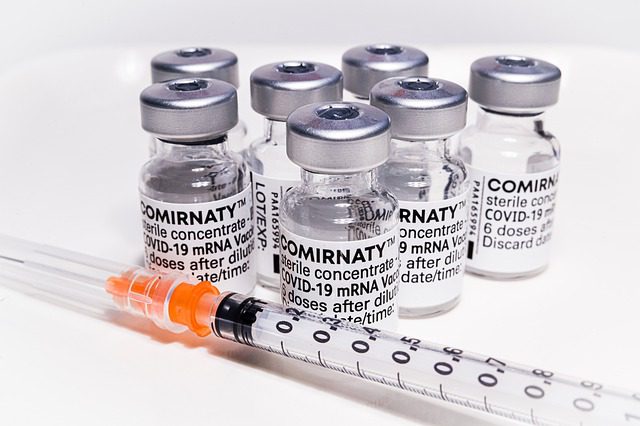
Preprint: Reevaluation of antibody-dependent enhancement for SARS-CoV-2 treatments
A new preprint looking at the evidence for antibody-dependent enhancement (ADE) is getting a LOT of attention online – we link to it below so that you can read it for yourself.
In the present study, we reevaluated whether the approved therapeutic Ab drugs (casirivimab, imdevimab, and sotrovimab) have any potential to cause ADE even in FcR- and ACE2-positive cells. In addition, we investigated sera from mRNA (Moderna)-vaccinated individuals in terms of ADE-causing potential by using the same double-positive cells. Here, we show that the casirivimab and imdevimab mAbs have the ability to induce ADE, but sotrovimab does not. Furthermore, some sera from individuals vaccinated with the mRNA vaccine targeting the S-protein also exhibited ADE potential against infection with the original strain. All sera examined, including sera showing neutralizing activity against the original Wuhan strain of SARS-CoV-2, exhibited no neutralizing activity against Omicron. Rather, some ADE activity was observed in some sera.
Although sera collected from mRNA-vaccinated individuals exhibited neutralizing activity, some sera gradually exhibited dominance of ADE activity in a time-dependent manner. None of the sera examined exhibited neutralizing activity against infection with the Omicron strain. Rather, some ADE of Omicron infection was observed in some sera. These results suggest the possible emergence of adverse effects caused by these Abs in addition to the therapeutic or preventive effect.
Preprint: Reevaluation of antibody-dependent enhancement of infection in anti-SARS-CoV-2 therapeutic antibodies and mRNA-vaccine antisera using FcR- and ACE2-positive cells
SARS-CoV-2 can infect and kill different immunity cell types independently of ACE2
Image by Tevfik Teker, CC BY 3.0, via Wikimedia Commons





